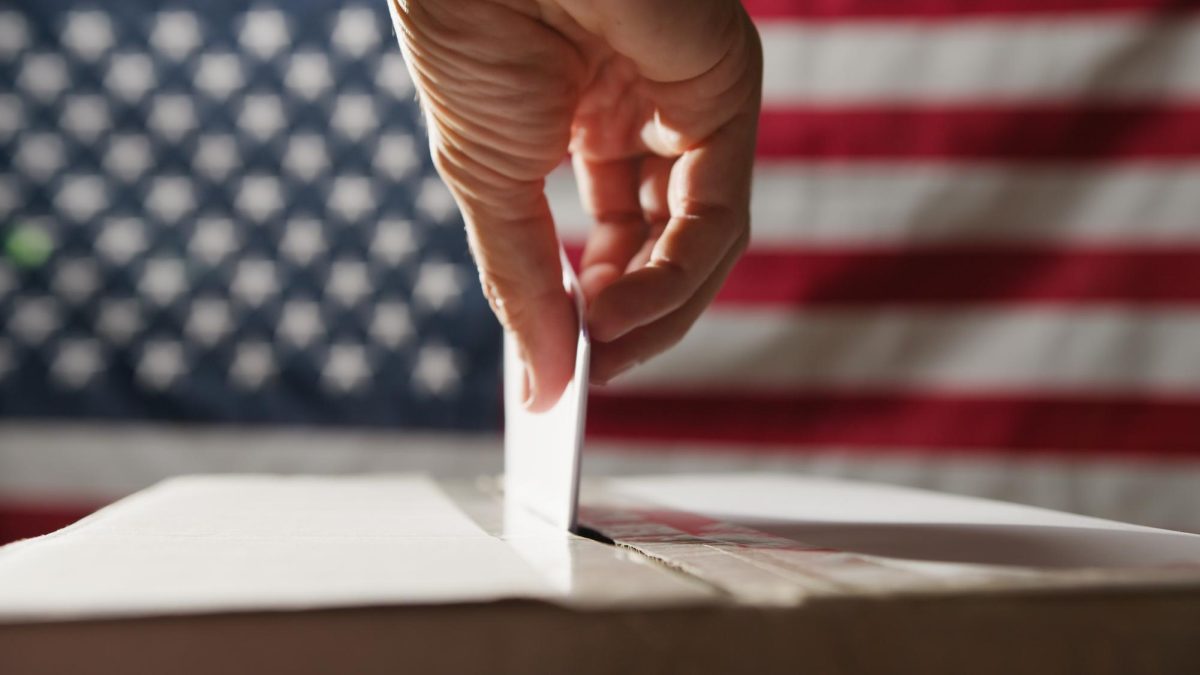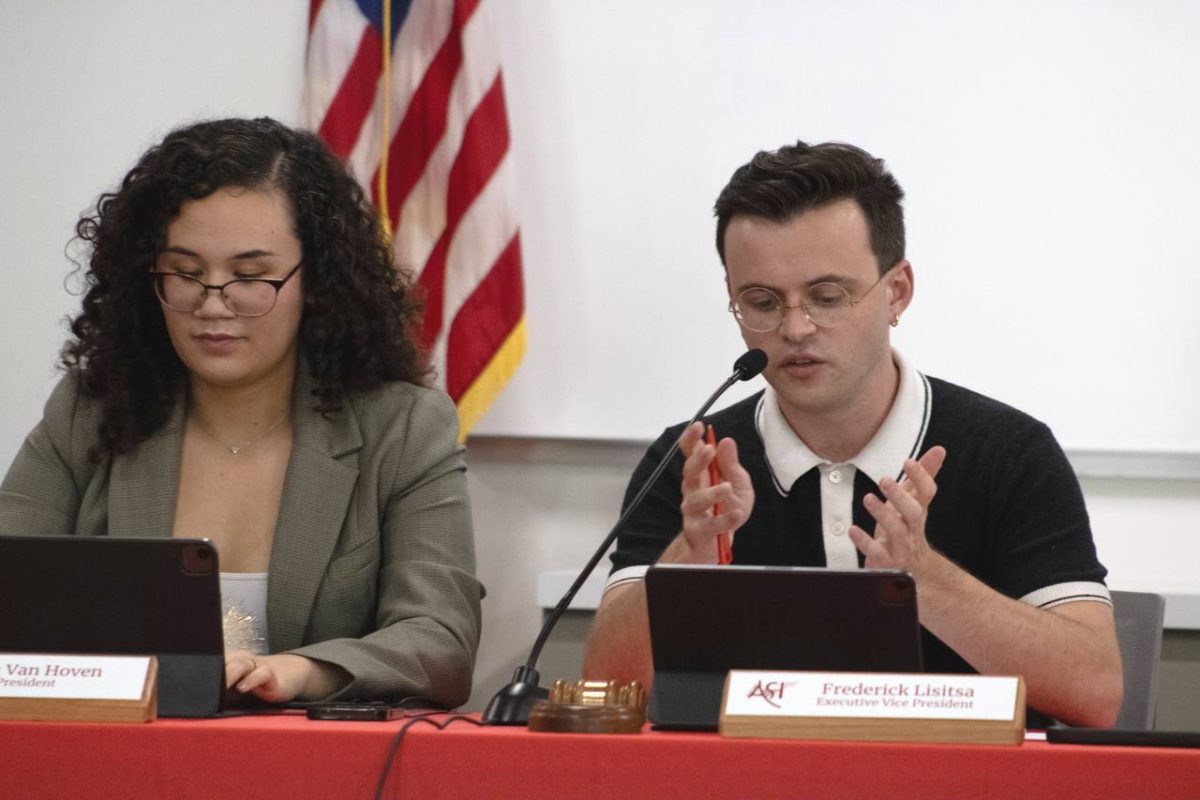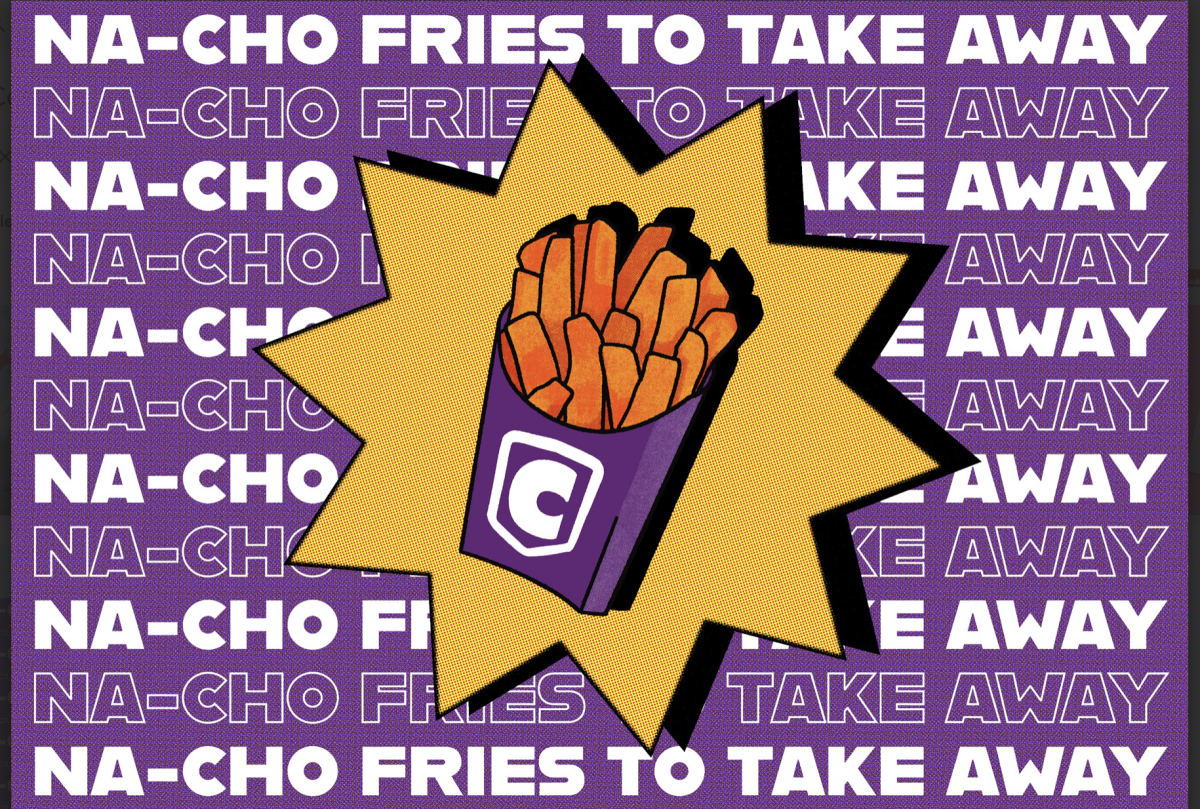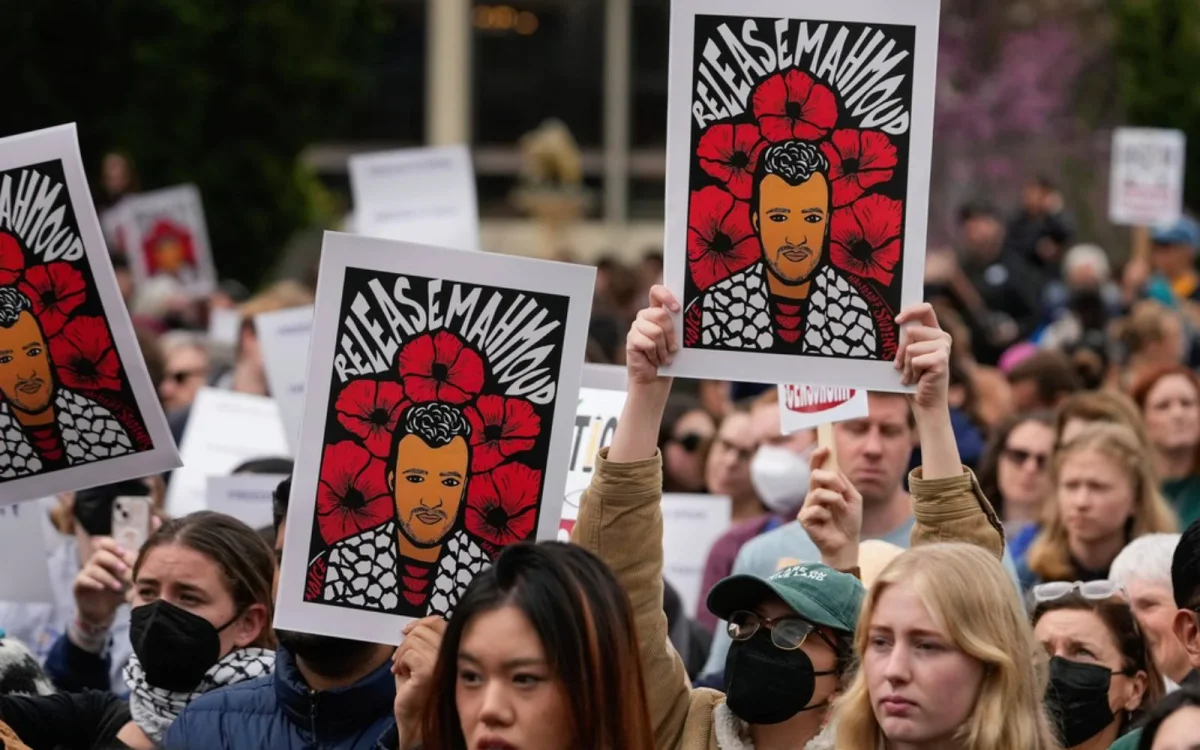It turns out America does want to go back.
We gave a convicted criminal, who was found guilty of sexual abuse and who incited an armed insurrection because he refused to accept the results of the previous election, a resounding electoral victory. This time, he even took home the popular vote. Our republic’s safeguards against authoritarianism did not crumble; on the contrary, we welcomed it.
Losing in 2016 felt terrible, but it was understandable—how a bombastic outsider could convince a considerable share of the frustrated electorate to gamble on him over an unpopular career politician. But we’ve already endured four years of Trump and no longer have that excuse.
2024 feels so much worse. We have to accept that many Americans like what he’s selling; post-coup Trump is the first Republican to win the popular vote in 20 years. With a potential Republican trifecta on the horizon, we will be lost in the woods for a very long time.
What is the solution?
Assigning blame is simple; coming up with solutions is more difficult.
The median voter is politically incoherent, and so much of our worldviews are dictated by our media diet. The difference between ours and theirs is that the right-wing media ecosystem is vast, disciplined and entrenched, holding a particularly powerful grip on young men—a grip that will be difficult to loosen.
Countering it with a liberal version of Fox News, the Daily Wire or Andrew Tate might be more effective than ignoring it, but the ecosystem’s influence is rooted in deception and grievance; it may sway elections, but it’s morally abhorrent.
There will undoubtedly still be some who make an effort. They may even be successful for all the wrong reasons. The conspiracy theories about foreign interference are just around the corner, especially since, for many people, none of this feels intuitively correct.
Unlike the notoriously unpopular Clinton, Harris surged with momentum unseen since 2008—her record-breaking fundraising attests to that—and her ground game was miles ahead of his. This was the first post-Dobbs presidential election, and even typically reliable pollster Ann Selzer found Harris with a three-point lead over Trump in Iowa, suggesting that aggrieved and energized women would drive Harris’s win in a state that initially didn’t seem to be on the board.
National polling remained stable, indicating a toss-up, but Nate Silver suggested that poll herding might be at play, potentially underestimating Harris—not Trump.
In contrast, the closing days of Trump’s campaign were spent defending comedian Tony Hinchcliffe’s comments, in which he called Puerto Rico a “floating island of garbage,” at a rally reminiscent of the Nazi ‘Pro-American Rally’ held at the same venue on February 20, 1939. He handily lost the first debate with Harris, ran away from the others, and skipped out of numerous interviews. He started seeding election fraud claims like he did in 2020. None of it conveyed confidence.
Yet, contrary to conventional presidential election calculus, none of it matters. Once more, we found ourselves trapped in our own media bubble and believed the things that galvanized us would naturally galvanize others.
But they didn’t. Again.
Compared to four years ago, the number of Latino voters who voted for Trump increased by an astounding 25 points. 18 to 29-year-old voters favored Harris over Trump by 13 percentage points, which is significantly less than the 24-point margin Biden achieved in 2020. Despite the Dobbs decision, Trump was still preferred by slightly more than 60% of white women without a college degree.
Elderly people and blue-collar workers made up the Harris vanguard. She performed better than Biden did four years ago among voters 65 and older, who split their votes roughly evenly this year and whom Trump won by five points in the previous election. Approximately two out of ten voters nationwide were from union households, and the majority supported Harris. Nationwide, nearly 60% of union households backed Democratic candidates in House elections.
Nevertheless, the fabled “blue wall” was still breached. Trump won Michigan, Wisconsin, and Pennsylvania, and Harris will lose more votes than Hillary Clinton did in 2016.
It will be easy to blame this on racism, sexism, “cancel culture,” “wokeism,” the losing candidate being too liberal or too moderate, and other factors. But the data suggests that it is very difficult for an incumbent president to win when overseeing high inflation, even if it was caused by a once-in-a-hundred-year plague and the same president oversaw a better recovery than the rest of the world.
Pair those factors with Fox News essentially acting as the propaganda arm of the Republican Party, along with the world’s richest man controlling one of the most popular social media platforms for news. No matter how laughably terrible and incompetent he was, the climb was always going to be steep—we just didn’t realize how steep, and we dared to hope.
This election showcased a monumental rightward shift across the entire country. This is a trend we’ve seen throughout the rest of the world, too.
The Harris campaign failed to cut through the collective amnesia and the fog of apathy and malaise that seems to follow every undecided voter in Pennsylvania every election cycle. But without a significant shift in traditional campaign tactics, there is no way to know for sure that any other Democrat would have performed any better.
And that just might be it: we’re in uncharted territory now. The typical predictors no longer apply. Allan Lichtman’s keys were wrong, the polls were wrong again (sort of), and the Democrats must rethink how they approach the electorate. We cannot allow the other side to shape the narrative because half of the population is either apathetic or lives in a world that is totally disconnected from concrete reality.
But how do we do that?
We know what doesn’t work. Another four years of loudly denouncing Trump’s terribleness won’t help, nor will relying on another pandemic to wreak havoc on the nation or normalizing his rabid cronies by inviting them onto discussion panels.
We need to figure it out—and fast—unless we want to be permanently sidelined.










